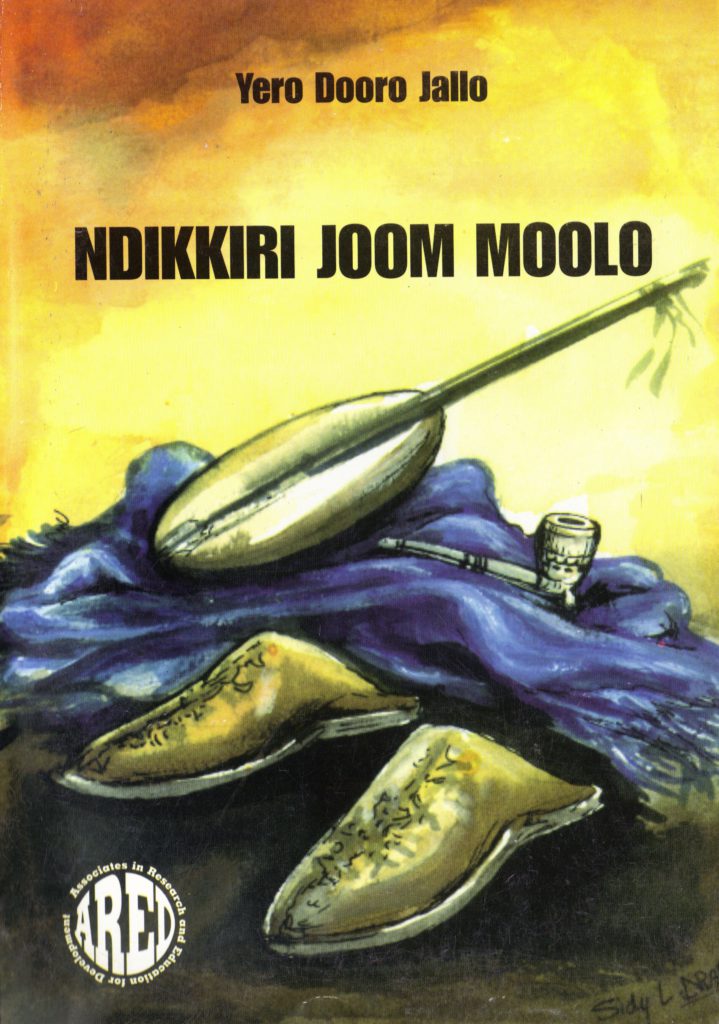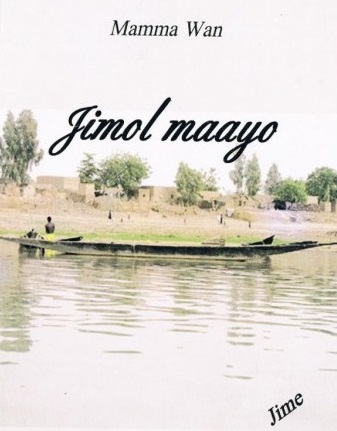Mélanie Bourlet is codirector of the African Studies Department at INALCO, Paris. She has been researching Pulaar oral and written literature since 2005, and you can read more of her work at https://inalco.academia.edu/MelanieBourlet
One of the features of the local domain is indeed that it is a space of interconnection; its key element being (and in a way this also applies to local literature) its connectivity. To which extent is the local environment representative of a condition of literature drawing strength from its connectivity (i.e. in the networking of information, ideas, languages, etc.)? And why is connectivity in local literature linked to social matters? How can literature contribute to social dynamisms? The expression « literary networks » (almost tautological) emphasises the idea of movement, of interactions within and around local literature in order to understand the intertwining of issues such as local and global; social and literary, via the notion of network. I shall illustrate my points using an example: that of a transnational literature written in an African language: Pulaar – dialectal variant of Fulani spoken in Northern Senegal, Southern Mauritania and Western Mali and published in and outside of Africa (France for instance). I shall argue that in this case, literature serves as a flow of ideas and energy, a set of interactions that produce intensity and a renewal of social ties through the prism of writing and books, thus gathering the Fulani people – scattered worldwide and profoundly shaken by the changes they are undergoing – by networking (connectivity) and discussions (reflexivity).
With time, as I engaged on a four-year long book quest that led me to Paris and Dakar via

“Ndikkiri Joom Moolo” (Ndikkiri the Guitarist) was the first novel published in pulaar in 1981 in Cairo (Source : ARED in Dakar).
Guediawaye, Yeumbeul, Thies, Rufisque, Saint-Louis, Brussels, Bordeaux, Mantes-la-Jolie, Arpajon, and Nouakchott, I was able to appreciate the « intensely local » and multi-local side to this literature and also the importance of local, transnational and transcontinental networks of individuals engaged in the production of literary works in a language that has no official status in any of the countries mentioned and whose writing is taught in generally informal settings (mostly associations) or university (for example Fulani studies at INALCO, Paris). I discovered that one has to earn a book and I learnt to consider the Pulaar book as a precious object. I had to be very mobile and go back and forth between people and places (sometimes unsuccessfully), to come up with a bibliography of around sixty references and around thirty semi-structured interviews were carried out with authors, editors, linguists, readers, cultural societies & NGO directors in different places, to make out (probably only partially) this Pulaar book network. A question then emerged: how to render this paradox between on the one hand an apparent institutional fragility (the visibility of this literature is almost non-existent) and on the other the network’s high efficiency?
In 1960 Paris, amidst a wave of nationalist stirring, Senegalese and Mauritanian students and civil servants set off a vast movement with the aim to popularise a written form of the Fulani language, excluded, alongside other African languages, from the political spheres of Senegal and Mauritania at the time of independence. Choosing the Latin alphabet becomes a way for them to move away from the “arabised” form of Fulani and to claim a type of independence via writing, especially in Mauritania where the political situation is tense due to an intensive arabising policy. Indeed in this country the issue of language is particularly meaningful. And so a new alphabet is set up and spread. Literacy training is improvised by volunteers.

A collection of original poems composed in Pulaar (source: LaBoutiqueAfricaVivre.com)
Progressively a vast network is put in place entirely dependent on the volunteers’ commitment: in Senegal, Mauritania, Arab countries (Egypt, Libya, Tunisia, Morocco, Iraq etc.), certain Soviet countries like Russia, and also France and Germany. Books written in Pulaar, especially literature, will play a major role in the spread of the writing. Newspapers, transcripts of oral literature are produced in order to build a transnational Fulani literary heritage. As for poets they were pivotal and charismatic figures of these Pulaar cultural movements. Fulani associations in Europe, America and Africa regularly invited them to hold conferences. Within a poem and a poet’s voice lies the energy capable of rallying a widely scattered community around the political stakes involved in writing. A book in Fulani is considered to be an important event. Writing in Fulani is an act in itself. A political act.
Remarkably, all of the authors I interviewed wish for this literature to be a common and shared space for reflextion. The existence of Pulaar literature in Europe and Africa offers a demonstration of “transnationalism from below”. This expression refers to migrant networks initiated by the migrants themselves rather than governments or businesses. Using numerous research sites (France, Senegal, Mauritania), necessary in order to list the texts and meet with the authors, editors and readers gave me an understanding of the fundamental issues surrounding the written form in relation to the development of a network-operating political organisation. The multi-sited approach allows for a change from methodological nationalism, a concept still widely spread in literary criticism. On a national scale, this literature may seem bound to a minority concerned with identity issues but on the scale of several countries it acts as a sort of social tie. All literary texts have the ambition of changing the world. Literature with both local and transnational dynamics offers a better understanding of the intimate relation that links writing to life (its connectivity). Movement is put forward as a vital necessity and literature as a form of spatiality and a way of renewing social ties.


Leave A Comment